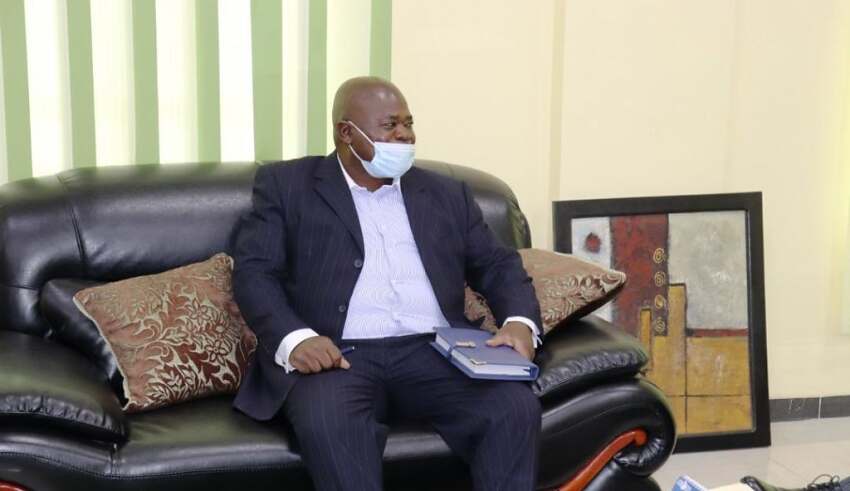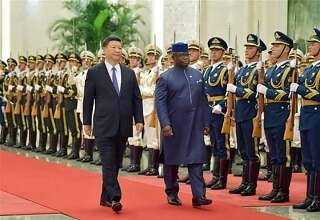
Considering the role the emerging Information and Communication Technology (ICT) can play in fighting corruption in public finance systems, the Ministry of Finance will in the Fiscal Year 2022 roll out the Integrated Financial Management Systems (IFMIS) to all Ministries Department and Agencies (MDAs).
This disclosure was made by the Financial Secretary Mr. Shar Lahai Jusu during the ongoing FY2022 budget discussion taking place at the Ministry of Financial Treasury Building in Freetown.
He said the Ministry of Finance is desiring One hundred and fifteen billion, six hundred million Leones (Le 115,600Bn) as a project plan for FY2022 and 40% of the proposed budget will be going towards IFMIS to promoting greater comprehensiveness and transparency of information across government institutions.
He said the introduction of Integrated Financial Management Systems (IFMIS) will serve as a driver of public financial reforms in MDAs.
The Financial Secretary said that the Finance Ministry is a fiduciary agent of the government to other MDA’s and that MoF pays all international subscriptions for projects as an agreed commitment by the government which has also been captured into the proposed budget.
He reiterated that MoF is committed to holding the budget process with self-esteem to ensure transparency, accountability, and education of the public on the activities programs of all MDA’s, with the inclusion of the Zoom method of communication to increased nationwide participation in the process.
The Finance Ministry Head of Research and Delivery Division (RDD), Dr. Yakama Jones highlighted some of the Ministry’s key deliverables for FY2022 which are; to monitor the implementation of the Finance Act 2022 and develop the Finance Act 2023, lead and facilitates the process to enact the duty and tax exemptions policy into Law, Develop a medium Term Revenue Mobilization strategy, lead and facilitate the revision of the excise Tax 1982, continue to review investment agreements for the establishment of industries and conduct monitoring visits, continue with the conduct of Follow-up actions to track the implementation of Audit recommendations and escalate the issue of non-compliance, reconstitute four additional Audit Committees in MDA’s and 3 in Local Councils and to commence professional training in the charter institute of purchasing and supply.
She said that that the ministry hopes to increase domestic revenue from 12.3% of GDP in 2017 to 20% by 2023, improved expenditure management and control, strengthen fiscal risk management and oversight of state-owned enterprises, strengthen research capacity to support policy formulation, improve public debt, improve budget preparation and execution, improve the ministry administrative capacity, strengthen fiscal decentralization and to improve the implementation and coordination of donor-funded projects.
She said some of the Ministry’s challenges for 2021 were funding issues, procurement delays, external dependencies, and internal processes, but stated the strategy to deliver in 2022 which is to facilitate resource mobilization to ensure disbursements, prudent debt management capacity building, automation of processes and leverages on technology and research and evidence-based policymaking.














